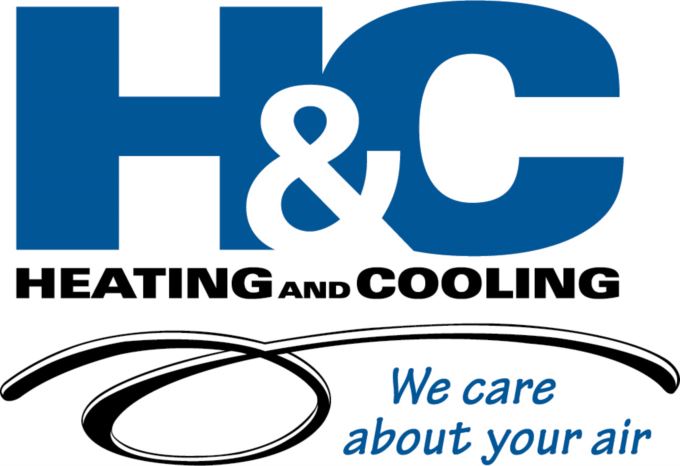Completing the search for your first home is exciting. You’re probably trying to keep track of numerous details to ensure you’re making the right choice. We believe that gaining insight into your potential new HVAC system is essential. The property’s HVAC system represents a substantial investment and potential source of long-term costs, which is why due diligence should be a top priority for first-time homebuyers.
In this guide, we’ll outline seven tips for learning everything you can about a home’s heating and cooling setup. And if you want a deeper opinion from the experts, consider calling H&C Heating and Cooling. Our seasoned technicians can share details about your options with industry insights you won’t find elsewhere.
1. What HVAC System Are You Working With?
Start by determining what specific HVAC system the home features. Furnaces generally last longer than air conditioners, and newer types of HVAC equipment like heat pumps boast average life spans longer than ever. Knowing the make and specific model gives you a clear idea of how much routine maintenance it might need.
2. How Long Ago Was the System Installed?
Another good idea is to find out how old the HVAC system is when you’re considering a new home. On average, HVAC systems should survive for around 10-12 years. Learning its approximate installation date helps you anticipate future maintenance needs or considerations if it might shut down for good. Older systems may be more vulnerable to problems, so planning ahead of time for a replacement unit could be necessary sooner than you thought.
3. Is the Warranty Active?
Be sure to check the HVAC system is still under warranty. If it is, you’ll appreciate how it can lower maintenance expenses. HVAC warranties typically include parts and labor, but it’s important to note that details will vary. Review any terms that aren’t familiar to ensure you understand your coverage and potential out-of-pocket costs.
4. When Was the Last Time It Received Maintenance?
Next, examine the maintenance history of the HVAC system, if such information is available. This service history can reveal if the repair needs are high or how much upkeep was provided. Ask about records for key tasks like filter changes, which can indicate it received regularly scheduled tune-ups.
5. What Are the Energy Efficiency Ratings?
Selecting a system with high energy efficiency can lead to more manageable utility bills and less of an impact on the environment. Locate the seasonal energy efficiency ratio (SEER) ratings for air conditioning along with the annual fuel utilization efficiency (AFUE) for furnaces. The higher the SEER rating, the more efficient the cooling over the whole season, while higher AFUE ratings illustrate that the fuel is more effectively burned for useable heat.
6. Did You See Any Problems After Your Own Inspection?
Even without heating and cooling expertise, you can still take a moment to check out the HVAC system on your own. Look for potential issues that haven’t been mentioned by the seller. This can mean bizarre noises, spots with uneven heating or cooling and attempts at concealing any visible damage.
7. Is an Experienced HVAC Technician Available to Help?
If you’re not quite sure about the condition of the HVAC system, it’s wise to get a professional opinion from certified HVAC technicians. They can spot things you might miss, like refrigerant leaks, damage to the wiring or flawed ductwork.
A Call with H&C Heating and Cooling Helps Take the Stress Out of Your Home-Buying Journey
Finding your first home is meant to be a joyful event, and H&C Heating and Cooling can ensure that doesn’t change. Reach out with us at 301-960-3247. We can go over the details about how our HVAC services give you peace of mind, giving you what you need to step into your new home with confidence.
